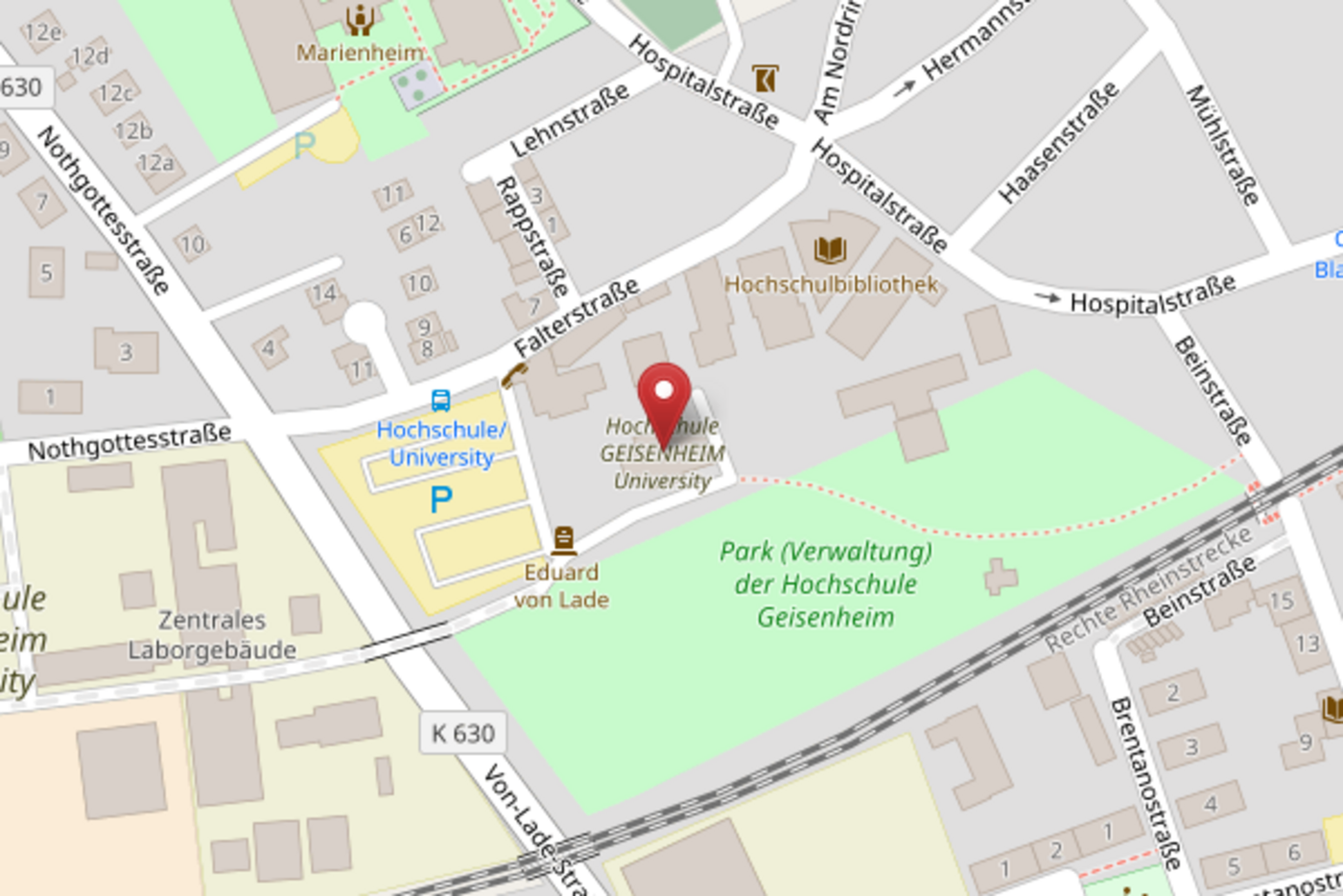Erasmus+ Internship
With a monthly grant, Erasmus+ offers students the opportunity to gain practical experience abroad during an internship. Here they can learn about other employment markets whilst enhancing their key qualifications, their cooperative and communication skills.
Benefits
- EU internship agreement between higher education institution, company and student;
- During their internship, students have the support of a contact person in both the home higher education institution and the company;
- Mobility grant
- Support during the preparatory phase (cultural, language, organisation);
- Extra funding for students with children;
- Extra funding for students with disabilities.
- Enrollment at Geisenheim University;
- Internship position in one of the 27 EU member states, as well as in North Macedonia, Liechtenstein, Iceland, Norway, and Turkey;
- Internship duration of at least 2 and at most 12 months (multiple stays possible, with a maximum funding period of 12 months each at the bachelor’s, master’s, and PhD level—for example: 6 months of study in Italy, 4-month internship in France, and 2-month internship in Hungary);
- Full-time internship;
- Internship must be meaningfully related to the student’s field of study and career goals;
- Internships at European institutions or organizations, national diplomatic missions, or organizations that manage EU programs are not eligible for funding;
- For graduate internships, the same requirements apply, but the application must be submitted in the final semester of studies;
- You may not receive another EU scholarship at the same time as the Erasmus grant;
- If you are a non-EU citizen, please check in advance whether you will need a work permit in the country where the internship takes place.
The funding amounts are tiered into two country groups, according to the respective cost of living.
The classification of the country groups and the amount of the grant are determined by the EU.
Country Group 1: €750 per month:
Belgium, Denmark, Finland, France, Ireland, Iceland, Italy, Liechtenstein, Luxembourg, Netherlands, Norway, Austria, Sweden;
Partner countries from Regions 13 (Andorra, Monaco, San Marino, Vatican City) and 14 (Faroe Islands, Switzerland, United Kingdom).
Country Group 2: €690 per month:
Estonia, Greece, Latvia, Malta, Portugal, Slovakia, Slovenia, Spain, Czech Republic, Cyprus;
Bulgaria, Croatia, Lithuania, North Macedonia, Poland, Romania, Serbia, Turkey, Hungary.
Your application for an Erasmus+ scholarship is considered complete if submitted on time and includes the following:
- Application form
- Certificate of recognition (from the internship coordinator)
- Confirmation from the internship provider
- Curriculum vitae (CV)
- Letter of motivation
- Proof of enrollment
- If applicable, DAAD language certificate
Please submit your application to the International Office at least 4 weeks before the planned start of your internship.
We will finalize the contracts (Learning Agreement and Grant Agreement) before your internship begins.
You may also submit the Learning Agreement together with your application at the International Office.
You will receive by email:
- Access to a language test / online language course (if the working language is not German)
- The Grant Agreement
Top-up for students with children
Students who take their child or children abroad with them can receive an additional €250 per month. The requirement is that the child or children accompany the student for the entire duration of the stay. The grant is €250 per month per family, regardless of the number of children. It is also possible to apply for this top-up if a caregiver (partner) travels with them.
Top-up for students with a “degree of disability (GdB)” of 20 or more, or students with a chronic illness that results in additional financial needs abroad
Top-up for students from non-academic households
Studies have shown that students whose parents did not attend university are less likely to consider a stay abroad. The Erasmus program offers additional funding to encourage these students to take the step abroad.
“First-generation students” in this case are those whose parents or guardians do not hold a degree from a university or university of applied sciences.
These students receive an additional €250 per month on top of the regular Erasmus grant.
A degree from a vocational academy similar to a university is considered an academic degree. Likewise, degrees obtained abroad are also considered academic, even if they are not recognized in Germany. A master craftsman’s diploma (Meisterbrief) is not considered an academic degree.
Please submit the application for this additional funding along with your Erasmus application and the required documentation.
Top-up for working students
Students who significantly contribute to their own living expenses may hesitate to go abroad because they often cannot continue working and lose their income.
To address this issue, a top-up amount of €250 is now available if the following criteria are met:
- Employment subject to social insurance contributions
- Net income of more than €450 and less than €850 per month
- Continuously employed for at least 6 months during the year before the application period.
Erasmus+ supports students and interns in developing their language skills.
Language development can be measured through language tests (before and after the mobility period) and tutor-led language courses. Currently, Erasmus+ offers language support in German, English, French, Italian, Spanish, and Dutch. These six languages are the main working languages for about 90 percent of Erasmus+ participants.
Additionally, language tests and courses are available in Bulgarian, Finnish, Greek, Croatian, Polish, Portuguese, Romanian, Swedish, Slovak, Czech, and Hungarian (with varying course levels).
The language tests support the success of a mobility stay by documenting the development of language skills—they are not a prerequisite for funding and are not used selectively. However, these language tests are mandatory both before the start and after the end of the mobility period.
The system operates entirely electronically: students and interns receive an email that allows them to register and complete the tests and language courses.
Starting with the Erasmus+ Call 2025, you will receive a travel allowance in addition to your regular scholarship. This allowance will be paid out together with your grant and is based on the travel distance.
| Travel distance | Standard travel | Green Travel |
| 10 - 99 KM | 28 EUR | 56 EUR |
| 100 - 499 KM | 211 EUR | 285 EUR |
| 500 - 1999 KM | 309 EUR | 417 EUR |
| 2000 - 2999 KM | 395 EUR | 535 EUR |
| 3000 - 3999 KM | 580 EUR | 785 EUR |
| 4000 - 7999 KM | 1.188 EUR | 1.188 EUR |
| 8000 KM or more | 1.735 EUR | 1.735 EUR |
Did you know that in addition to your travel costs, you can also apply for travel days?
The program distinguishes between standard travel (travel by plane or single car journeys) and sustainable travel (bus, train, bicyle carpooling).
Standard Travel: 1-2 additional travel days
Sustainable Travel: 1-6 additional travel days.




